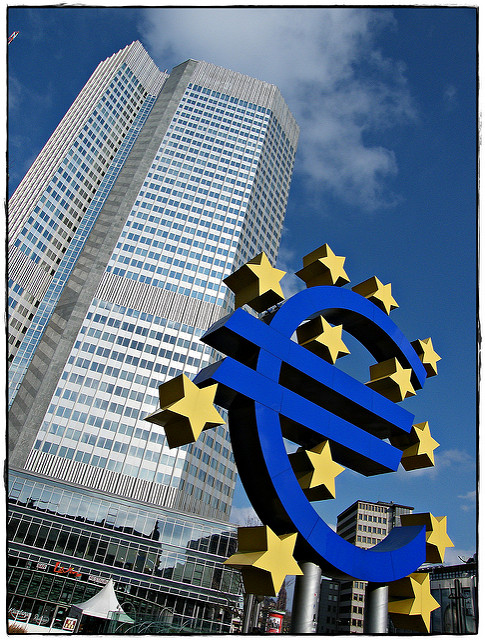Manufacturing growth in the UK hit a 13-month high last month – driven by factories stockpiling goods ahead of Brexit, new figures have shown.
Research by IHS Markit/CIPS revealed that the increase in stock being held by firms was at a record high for the third month consecutive month.
The manufacturing sector’s Purchasing Managers’ Index (PMI) rose to 55.1 in March from 52.1 in February – any figure above 50 is an indicator of expansion.
The PMI has now remained above 50 for 32 months in a row, but the fillip to the UK economy may not last, warned Rob Dobson, director at IHS Markit.
He said: “Manufacturers are already reporting concerns that future trends could be constrained as inventory positions across the economy are unwound.
“The survey is also picking up signs that EU companies are switching away from sourcing inputs from UK firms as Brexit approaches.
“The impact of Brexit preparations, and missed opportunities and investments during this period of uncertainty, will reverberate through the manufacturing sector for some time.”
In contrast to the UK, a PMI survey for the Eurozone showed that conditions for manufacturers worsened last month at the fastest rate for more than five years.
The IHS Markit eurozone manufacturing PMI fell to 47.5 last month, down from 49.3 in February – the lowest since April 2013 and the eurozone’s three biggest economies were not immune.
Germany, the bloc’s largest economy, had a PMI of 44.1, the lowest in almost seven years; Italy’s PMI of 47.4 was the lowest in almost six years and French manufacturing also contracted.
Chris Williamson, chief business economist at IHS Markit, said the data shows the eurozone’s manufacturing sector is in its worst downturn since 2012.
He added that fears of trade wars, tariffs, rising political uncertainty, Brexit and worsening economic forecasts had dampened business activity and confidence.
Williamson said: “Cost cutting has become more evident as firms grow more risk averse, notably with respect to hiring.
“Job losses were reported in both Germany and Italy, where the downturn in demand is doing the most damage.”




